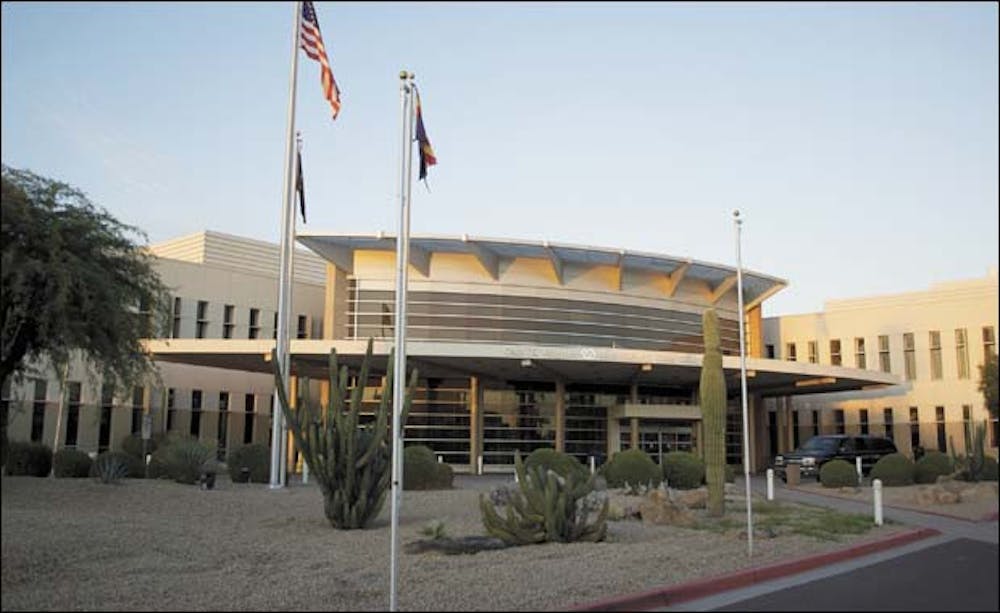Rep. Harry Mitchell, D-Ariz., is pressuring the U.S. Department of Veterans Affairs to release GI Bill benefits to thousands of veterans, a process that has been delayed this year by an increase in veterans applying for federal aid.
For veterans attending college and awaiting financial assistance, the VA announced last week that it would begin issuing emergency checks sometime this week for up to $3,000 for tuition, books and living expenses.
More than 25,000 claims of GI Bill benefits have yet to be processed nationwide, leaving thousands wondering if and when they will receive assistance, according to a release by the Department of Veterans Affairs.
“Whether we’re in a bad economy or not, promises made to our veterans must be kept,” said Adam Bozzi, a spokesman for Mitchell’s office.
The bill, passed in 1944, provides returning veterans with funding for education, vocational training and home loans. It has undergone several changes since then, including the latest post-9/11 chapter that provides veterans who served after Sept. 11, 2001 with expanded benefits.
The expansion, which became law in August, has caused the number of applications for GI benefits this year to increase fivefold, said Lee Sevy, a spokesman for the Arizona Department of Veterans’ Services. Sevy said he blames delays in the system on this increase in applications.
“There has been a great number of veterans desiring to get the benefits from the new post-9/11 GI Bill, and this has created quite a large backlog,” he said.
Sevy added that Arizona’s Department of Veterans’ Services, which is not affiliated with the federal agency, has been working to help inform veterans of alternate options, including picking up an emergency check at the VA regional office in Phoenix.
“The only thing we [can] do right now is get the word out to veterans so they can make an intelligent decision,” he said.
Charlene Kamani, supervisor of the ASU Veterans Services office, said she also attributes the delay to the out-of-date system the VA uses to process new claims.
The University office helps veterans attending ASU navigate the transition into higher education.
“The technology their offices are [using] to implement this program is so outdated that they’re not able to handle and manage this number of claims all at once,” Kamani said. “They’re planning to upgrade those systems. It’s just a matter of funding and timing.”
Kamani added that the University is working with veterans affected by the delay by deferring tuition and fee payments, as well as offering financial aid.
“Our office and the University in general have taken a proactive approach to helping vets get started this term because we knew the VA would be backlogged,” Kamani said. “We’ve tried to offer them [benefits] to help them get started.”
Mitchell has been pressuring the VA since last month, when he wrote two letters to Veterans Affairs Secretary Eric Shinseki asking for “a full accounting of the problems the VA is encountering and what the VA is doing to resolve them.”
Mitchell is pleased the VA is making efforts to help veterans affected by the delay, Bozzi said, but is also demanding an explanation from the agency. He wants to hold a congressional hearing with the VA sometime this month, Bozzi said.
“Congressman Mitchell is not satisfied with the fact that there are still thousands of veterans awaiting their benefits,” he said. “In a difficult economy, it’s important that our veterans have the resources they earned when they joined the military.”




